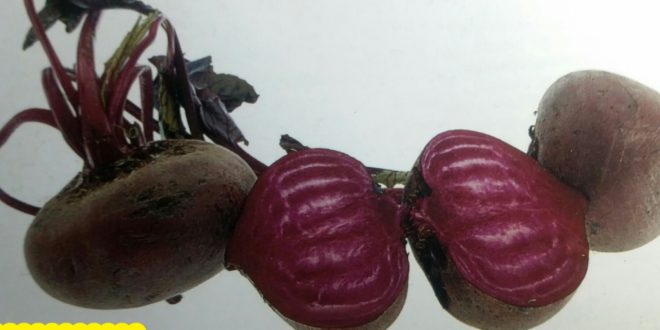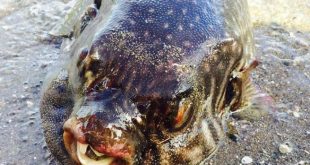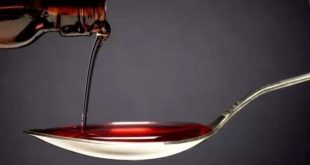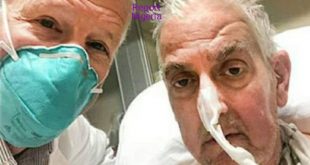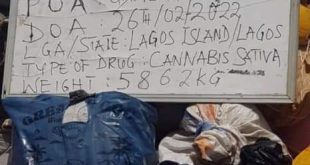The Red Beet is a tuberous root of a herbaceous plant of the family Chenopodiaceae. Botanically, it is called Beta vulgaris. It is known as Betterave in France. In Spain , it is called Remolacha. In Germany, it is called Rote Bete.
Beet adapt well in cold climates and are cultivated widely in Europe and North America.
The blood-red colour of beet gives great note to dishes. In the rural areas, many believe that beet contains blood. This is because many people pass blood-red feces and urine few hours after eating beet. But that is not blood! It is a pigment peculiar to beet known as Betacyanin.
Red urine or feces after eating beet occur in 10 to 14% of the population. However, it is common in individuals with iron deficiency or iron mal-absorption.
So if one is surprised by red urine and feces, the one should also be grateful that this plant has warned him /her of a possible lack of iron. Or digestive problems. But one has little to worry about as beet not only warn of the problem, but aid in its solution because of its anti-anemic and regulating effect on the digestive system.
The beet is one of the most sugar rich vegetables. As a result of its high content of carbohydrates like saccharose and fructose which make up to 10% of its weight.
The beet is Anti-Anemic . Their iron content is 1.80mg/100g while vitamin content is 30mg/100g which facilitates the absorption of iron alone do not explain anti anemic effect of beet .
Rather, there are some undefined components that stimulates the production of blood cells in the bone marrow. A process known as Hematopoiesis.
Beet is a good Alkalizer because of high level of potassium , magnesium and calcium. It is recommended in cases of gout, increase in uric Acid levels in the blood. And also in high fat low vegetable diet.
Aperitif: Beet increases gastric juice production and also tones the stomach.
Beet is Hypolipidemic as it has high vegetable fiber. This aids in bowel movements and decreases blood cholesterol level by reducing the amount absorbed in the intestine.
Research has shown that 30mg of beet fiber daily for 21 days lowered cholesterol by 10% of its initial value.
Beet is also a mild laxative due to its high fiber content.
Beet is anticancinogenic . Cancerous tumours were reduced or eliminated by administering a daily dose of 300 to 500mls of beet juice. Even when beet is cooked , it still retains this property. Whatever is in beet that stops cancer is heat-resistant.
Note:
It is of high importance to know this fact in order not to make an expensive mistake while consuming red beet.
A certain specie of Beet, the Sugar Beet should in no way be consumed like the Red Beet. The Sugar Beet is a botanical variety of beet (Beta vulgaris L. ssp. vulgaris var. al-tissima). It is rich in sugars (saccharose), but it not good to consume it directly.
The juice of Sugar Beet contains up to 20% saccharose. Because of this, it is cultivated for industrial purposes and production of white sugar.
Summary Of Composition Of Red Beet:
The Red Beet contains the following elements in a 100g of raw edible portion.
Energy……….43.0 kcal
Protein……….1.61 g
Carbohydrate……….6.76 g
Fibre………. 2.80g
Vitamin A……….4.00ųg RE
Vitamin B1………0.031mg
Vitamin B2……….0.040mg
Niacin……….0.651mg ME
Vitamin B6……….0.067mg
Folate……….109ųg
Vitamin B12………Nil
Vitamin C……….4.90mg
Vitamin E……….0.300mg
Calcium……….16.omg
Phosphorus……….40.0mg
Magnesium……….23.0mg
Iron……….0.800mg
Potassium……….325mg
Zinc……….0.350mg
Total Fat……….0.170g
Saturated Fat………0.027g
Cholesterol……..Nil
Sodium……….78mg
The above Daily Value is based on a 2000 calorie diet provided by 100g of this food.
Patients suffering from cancer should not neglect the Red Beet.
